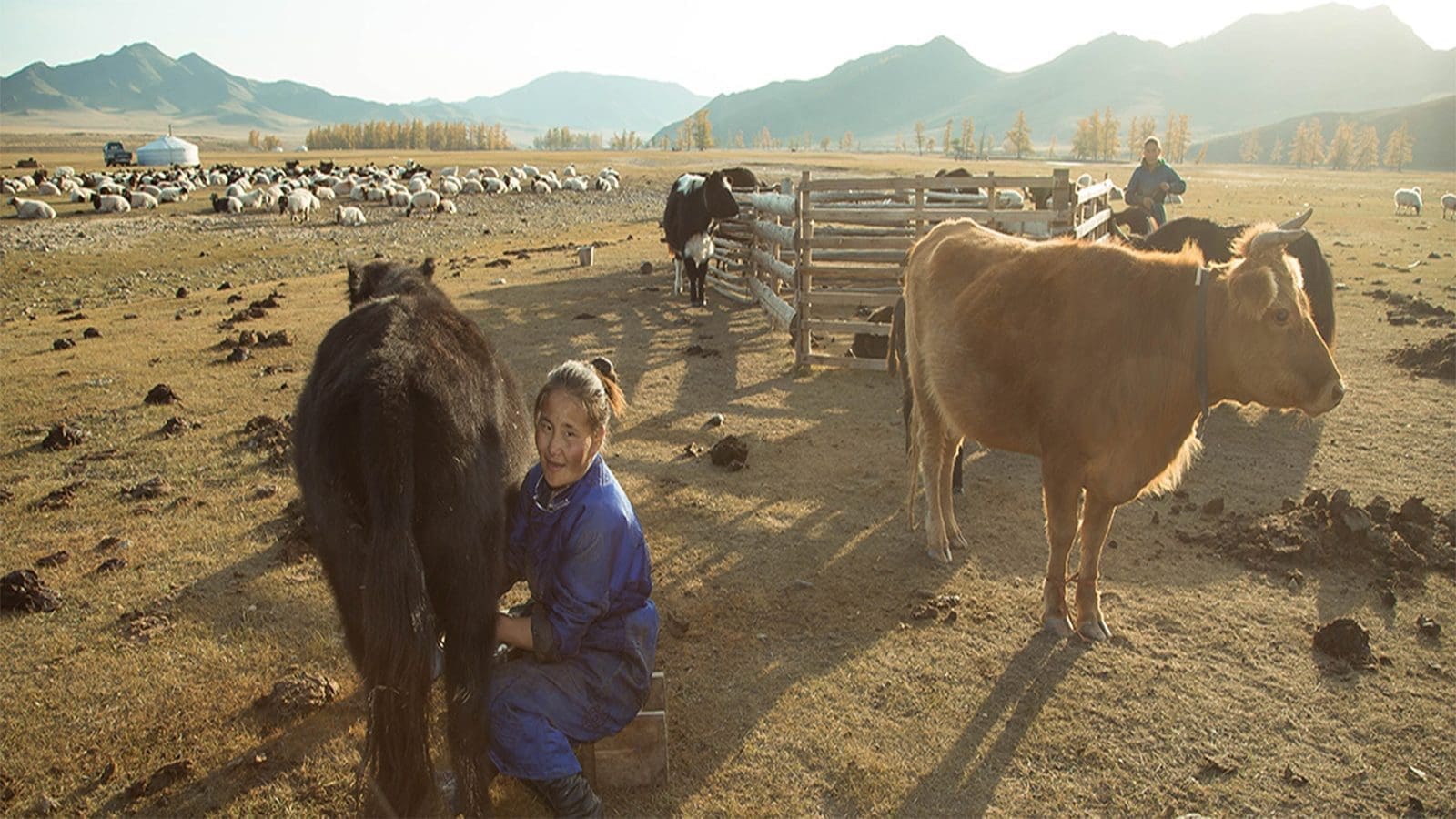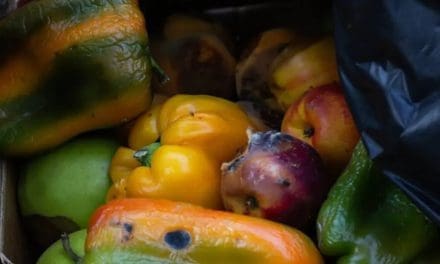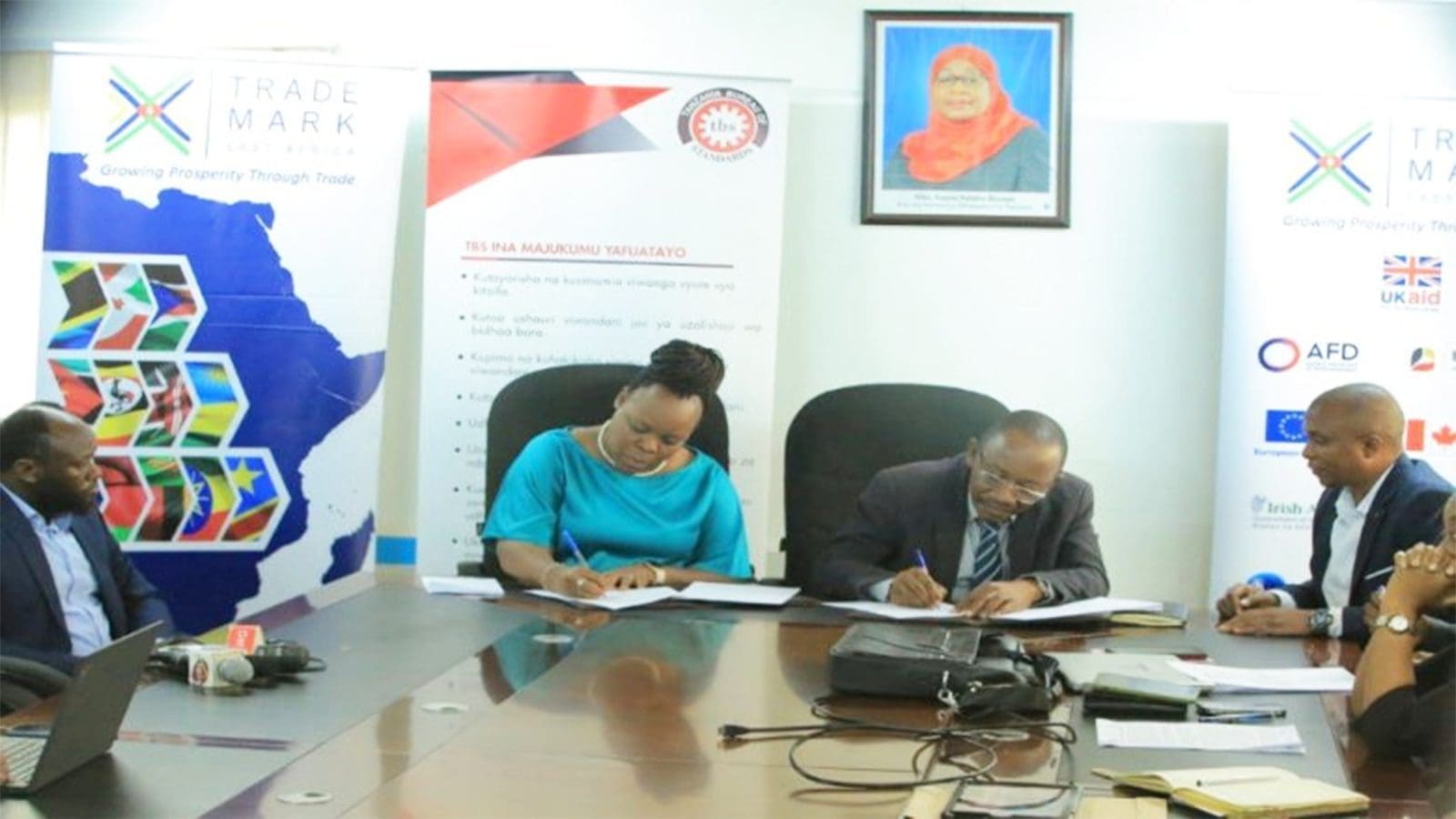MONGOLIA – The Minister for Food, Agriculture and Light Industry of Mongolia has issued a decree on the restructuring of the National Codex Committee.
This legislation is acknowledgement by the Government of Mongolia of the role the Codex committee can play through its primary function of providing advice on the implications of a range of food standardization and safety issues.
‘’The Mongolian Government has obligations decreed under national security to ensure safe food production to protect the health of consumers,” said Ms. Tungalag Davaa, a Senior Expert in the Department of coordination for food production policy implementation and a member of National Codex Committee.
She noted that the government is also committed to strengthening food safety under a One Health approach and to formulating a “United Agriculture Law” with emphasis on food safety and security coordination.
“This will enhance and foster institutional collaboration and empower civil society and community through dialogue, cooperation and advocacy,” she said.
The National Codex Committee (NCC) will be chaired by the State Secretary of the Ministry of Food, Agriculture and Light Industry.
The reorganization of the NCC has also led to the creation of 15 subcommittees to follow food safety issues of particular concern in Mongolia including one on veterinary drug residues and antimicrobial resistance (AMR).
According to Tunalag, strengthening food safety standards along with effective implementation on the ground is needed for an improved public health and economy of the country.
“This is expected to be achieved by the efforts of all parties including the NCC whose role is to basically examine Codex documents, discuss these at the national level and where needed, contribute to Codex standard setting,” she said.
Food safety is a primary concern for ensuring national food security and public health. However, food safety control in Mongolia is often undermined by fragmented legislation, multiple jurisdictions, and weaknesses in surveillance, monitoring and enforcement.
The existing institutional set up to manage food safety along the food chain is weak due to lack of technical, operational and financial capacity.
Data on food safety are limited due to low levels of testing and a lack of sufficient infrastructure, leading to poor implementation of existing food safety protocols, especially in remote areas.
In recent years, incidences of zoonotic diseases e.g. Brucellosis have increased along with trans-boundary animal disease outbreaks.
Given the importance of livestock in Mongolia and the predominance of meat and dairy products in Mongolian diets, these trends pose a significant threat to human health and welfare.
Mongolia houses more than 70 million livestock, compared to a human population of 3.3 million citizens.
Due to limited last mile delivery of extension services, most animal herders end up purchasing over-the-counter medicines, leading to indiscriminate and uncontrolled use of drugs and antibiotics. This poses a threat of antimicrobial resistance (AMR).
Mongolia also imports on a large-scale staple foods like rice, sugar, vegetable oils and fats, infant milk foods in addition to fruits, vegetables, processed and semi-processed foods, which requires import food controls.
“The situation strongly suggests that food safety in Mongolia cannot be ensured without substantial investment in public policies, regulations and institutional mechanisms and public awareness,” said Nyamjargal Gombo, Assistant FAO Representative in Mongolia.
Liked this article? Subscribe to Food Safety Africa News, our regular email newsletters with the latest news insights from Africa and the World’s food safety, quality and compliance. SUBSCRIBE HERE








